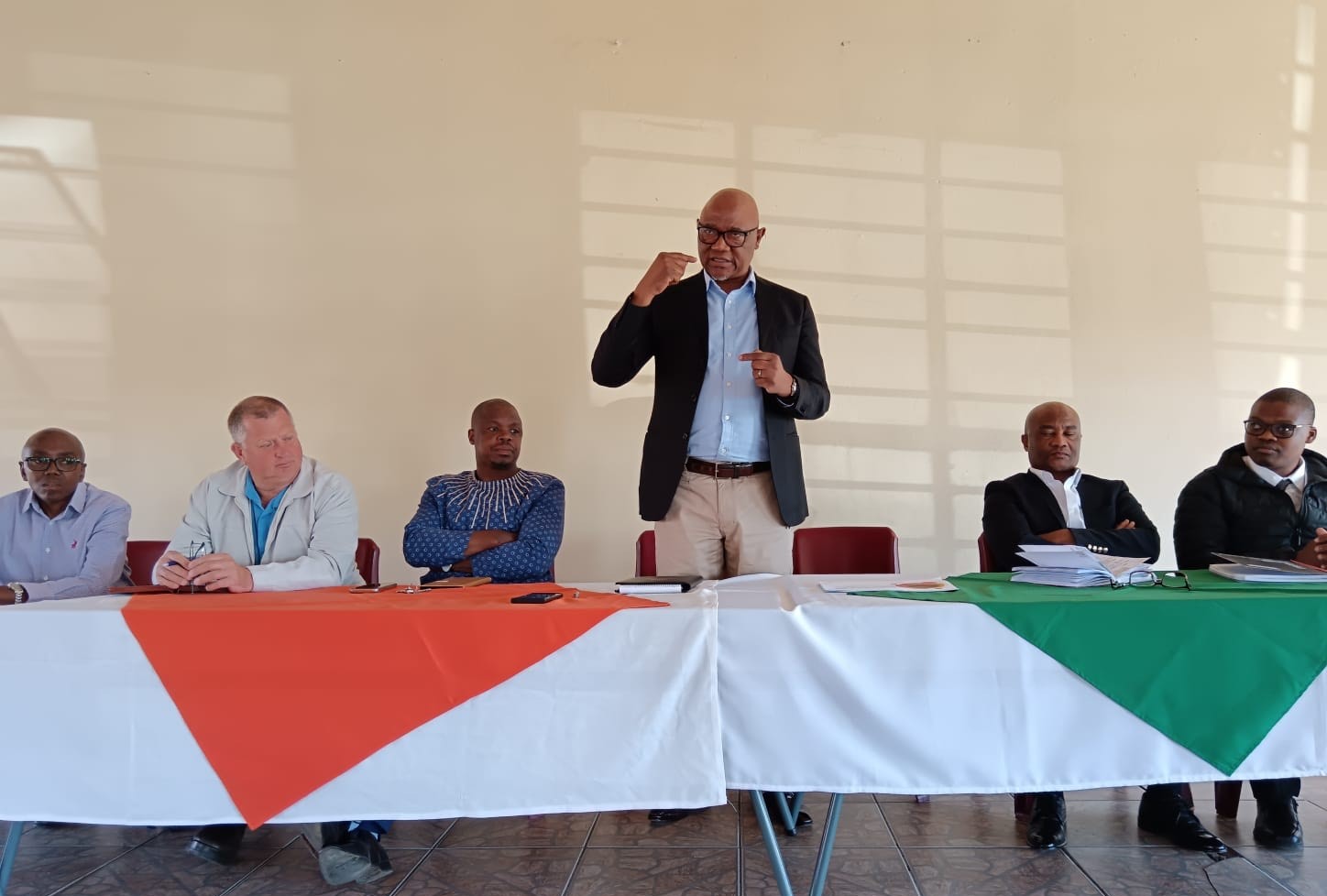Public hearing on proposed amendments to the Liquor Act held in Maletswai

Story: Phumla Ngubo | Photo: Phumla Ngubo
The Eastern Cape Liquor Board (ECLB) recently hosted a public hearing aimed at reviewing and proposing amendments to the Liquor Act 10 of 2023. The hearing, held in Ward 8, brought together tavern owners and community members for an important dialogue on proposed changes to the current regulatory framework.
The session featured in-depth discussions on critical issues affecting liquor businesses and the surrounding community, including the proximity of taverns to schools and places of worship. One of the focal points of the proposed amendments is ensuring taverns meet all legal requirements, particularly concerning occupancy and management. Mziwamadoda Nondima, manager of ECLB, emphasized the need for tavern owners to provide evidence of lawful occupancy. He further highlighted that liquor outlets should only operate under the physical supervision of the registered owner or a manager formally appointed in accordance with section 40 of the Act.
Another key issue raised during the hearing was the renewal period for liquor licenses. Community members voiced concerns over the rising number of liquor outlets owned by foreign nationals, noting that South African citizens often assist foreign nationals in navigating the business registration and documentation process. This matter sparked a broader conversation on the ownership and regulation of liquor outlets within the community.
The South African Police Service (SAPS) also contributed to the discussions, explaining the challenges posed by tavern closing times in relation to their operational duties and crime prevention efforts. SAPS officials reiterated their role in maintaining community safety, particularly in areas with a high concentration of liquor outlets.
In addition, the ECLB presented proposed increases in fees related to new liquor license applications, as well as transfers, removals, and annual renewals. The finalized regulations will soon be submitted to the MEC for the Department of Economic Development, Environmental Affairs, and Tourism for approval, followed by official gazetting.
This public hearing marked a vital step in refining the Liquor Act to better regulate the industry, safeguard community interests, and promote responsible alcohol consumption across the Eastern Cape.
